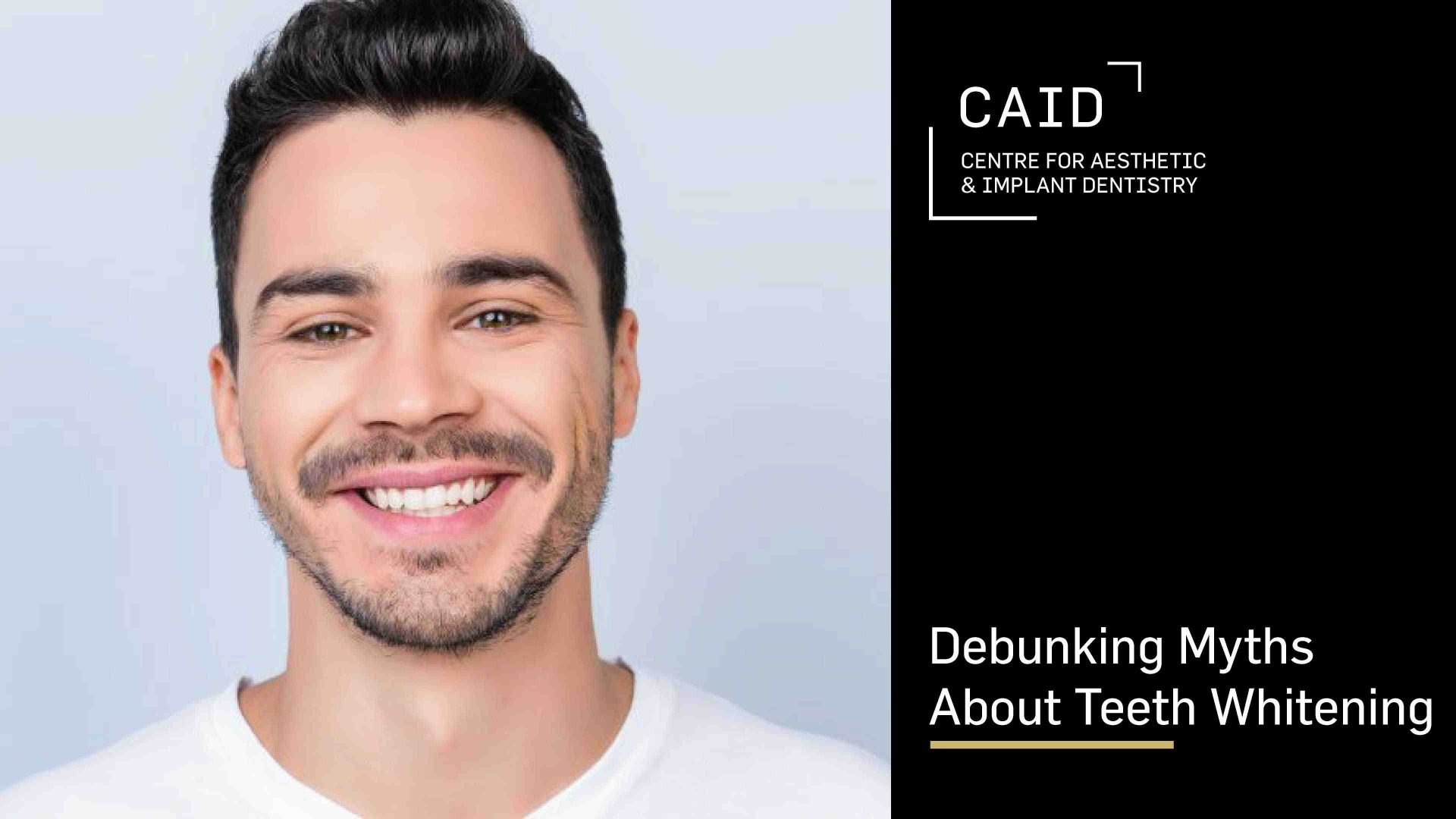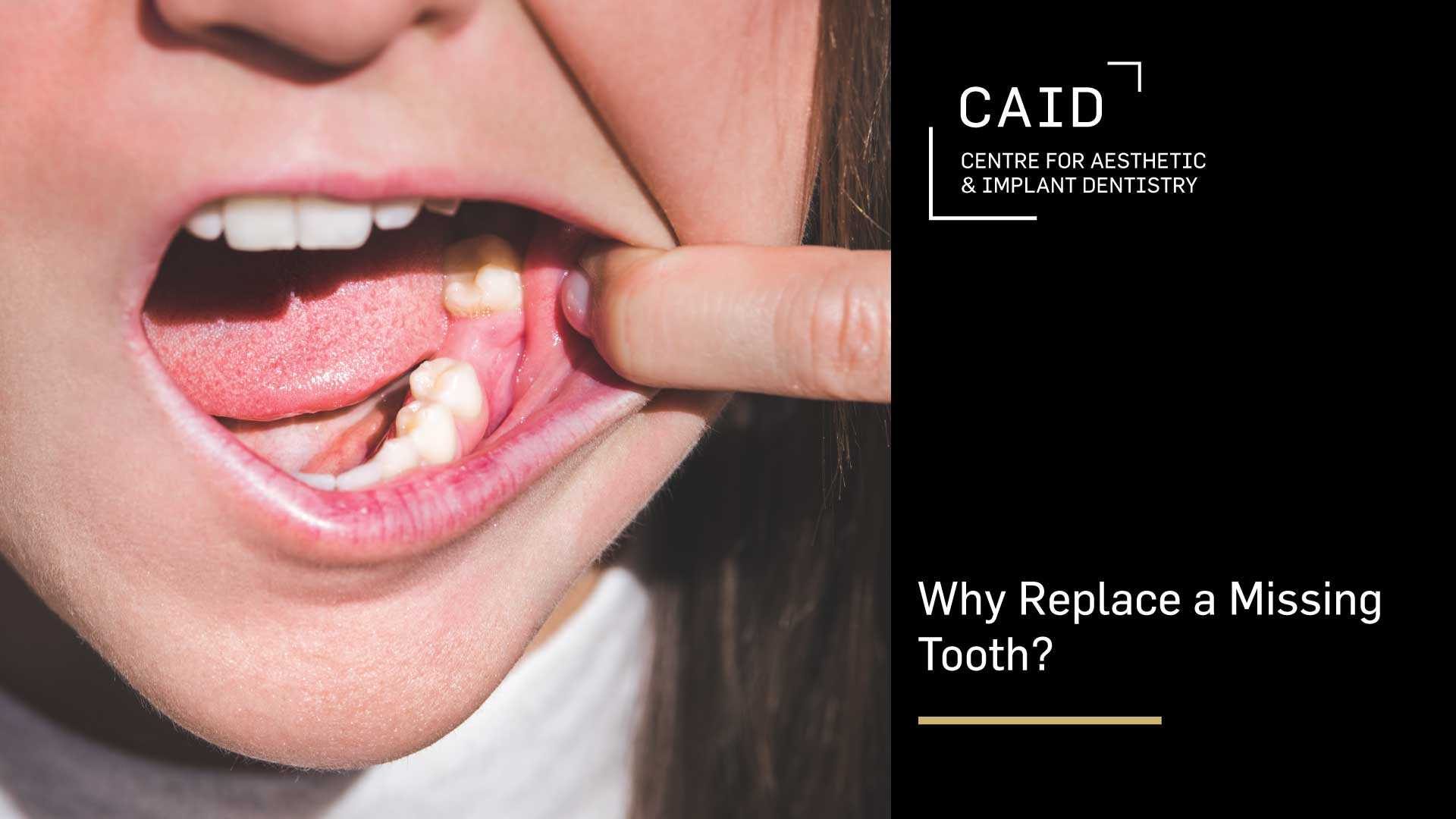GENERAL DENTAL PROCEDURES FOR ADULTS AND CHILDREN
Our team of trained dental professionals is concerned about keeping your smile healthy. We offer a full range of dental procedures & teeth repair for adults and children from comprehensive dental check-ups and preventative maintenance, to more extensive teeth repair including tooth-colored fillings, bonding, root canal treatment, extraction of teeth, and periodontal (gum) treatment. We offer modern conventional dentistry, as well as ‘no-needle no drill’ abrasive techniques or dental treatment under sedation or general anesthetic for anxious adults and children. We pride ourselves on delivering the highest level of patient care through appropriate dental treatment, patient education, and personalized dental maintenance and preventive programs.
- Dietary Tips
- Brushing & Flossing
- Smoking Effects
- Your Hygiene Appointment
OVERVIEW
Our team of trained dental professionals are concerned for keeping your smile healthy. We offer the highest level in patient care through appropriate dental treatment, patient education, and personalized dental maintenance and preventive programs. Ensuring optimal oral health requires a team effort, where your role and commitment are key to success.
Your role in keeping your smile healthy:
- Brush thoroughly twice a day with a soft-bristle toothbrush and change your toothbrush regularly (every 3-6 months) View Brushing Tips
- Use a fluoride toothpaste
- Clean between your teeth with floss once a day. Flossing between certain teeth may not be possible or effective in patients who have dental bridges or big spaces between their teeth. In such cases, floss threaders or other interdental cleaners may help remove plaque. View Flossing Tips
- Maintain a healthy diet
- Protect your teeth with a professionally fitted mouthguard when playing sport
- Have regular dental checkups and teeth cleanings. Remember to follow any specific advice the dentist gives you.
- Avoid smoking
DIETARY TIPS
- Maintain a balanced diet made up of foods from the five major food groups:
- Breads, cereals, or other grains
- Fruits
- Vegetables
- Meat, fish, poultry or protein alternatives
- Milk, yougurt or cheese
- Avoid nibbling on snack foods throughout the day.
- Avoid sticky foods and drinks that have a high sugar content or acidity
BRUSHING TIPS
Use a soft toothbrush at the gum line where the teeth meet the gums. Brush in small circular motions on 1-2 teeth at a time. Angle the brush at a 45-degree angle to allow the bristles to gently clean under gums. Brush top and bottom teeth, cheek-side, lip-side and in close to the tongue. Brush the chewing surfaces of all upper and lower molars. Brush the top of the tongue to remove bacteria.
Electric toothbrushes are effective if used systematically, i.e. brushing only a small area at a time.
Correctly brushing is important to your dental health and also helps you to avoid the necessity for teeth repair and to prevent future dental problems.
FLOSSING TIPS
Break off about 40cm in length of dental floss, ribbon or tape. Wind the ends around the longest, middle fingers. This leaves the index fingers and thumbs free to move. Try to keep only 1cm tight enough to slide between teeth. Leave about 5cm each side for “leverage”. Slide using a “sawing” motion between teeth. Do not force the floss since it will hit the gums and hurt! Slide up and down each tooth to clean off plaque and food debris. Continue to floss all teeth. To reach your back teeth, it helps to close your mouth enough to soften cheek muscles.
EFFECTS OF SMOKING
Tobacco harms your health and apart from staining your teeth and diminishing your sense of taste and smell, it has also been linked to diseases of the mouth such as gum disease and oral cancer. Smoking and drinking together have been shown to put you at even greater risk of developing oral cancer. Gum disease may not be readily visible in smokers and is a leading cause of tooth loss, sensitive teeth and bad breath. Smoking may also cause delayed healing, and may sometimes limit treatment options involving dental implants or teeth repair by increasing the risk for failure.
YOUR HYGIENE APPOINTMENT
Your dentist or dental hygienist will evaluate your dental health and monitor your progress. Each Hygiene appointment includes:
- Evaluation of your health
- Examination of the teeth and gums
- Meticulous cleaning and polishing of the teeth above and below gum level
- Assessment and treatment recommendations for oral conditions such as bad breath and dry mouth
- Application of decay preventing agents
- Taking of dental x-rays as may be required for diagnostic purposes
- Instruction on correct brushing and flossing techniques and advice on appropriate oral hygiene products to suit the individual
- Outline of a personalised oral hygiene program with recommended 3, 6 or 12 monthly visits, recommended future treatment and referral for specific treatment if required




